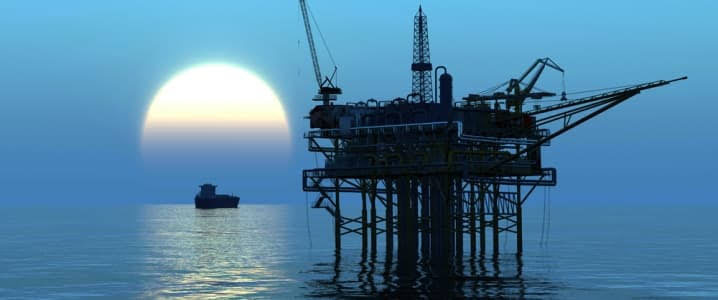Mozambique, a country in southeastern Africa, is poised to become a major player in the global energy market. The nation has vast natural gas reserves that could generate up to $100 billion in revenues, according to a report by Deloitte, a UK-based consulting firm.
The report, titled “Africa Energy Outlook – Mozambique Special Report 2024”, was released in January and highlights the country’s potential to contribute significantly to the world’s energy needs, both during the transition to renewable sources and by developing local capabilities across the green energy value chain.
“Mozambique could position itself to contribute significantly to the world’s energy needs, both during the energy transition period and by establishing strong capabilities across the renewables value-chain,” the report reads.
The report estimates that Mozambique’s gas reserves could make it one of the top 10 global producers, responsible for 20% of Africa’s output by 2040. The country also has a competitive advantage in renewable energies, with hydropower assets like the Cahora Bassa dam (2,000 MW) and the future Mphanda Nkuwa dam (1,500 MW) enabling regional industry decarbonization.
“The country also has a high solar potential, with two locations already set up with a total capacity of 80 MW, in Mocuba and Metoro,” the report adds.
Mozambique’s gas reserves are located in the Rovuma basin, off the coast of Cabo Delgado province, where three development projects have been approved to exploit them. The projects are led by international energy companies such as TotalEnergies, ExxonMobil, and Eni, and involve channeling the gas from the seabed to land, cooling it in a plant, and then exporting it by the sea in a liquid state.
However, the gas projects have faced several challenges, including security threats from an Islamist insurgency that has plagued the region since 2017, causing thousands of deaths and displacements. The violence has also disrupted the operations of TotalEnergies, which suspended its activities indefinitely after an armed attack on the town of Palma in March 2021.
The report acknowledges the security risks and calls for a coordinated response from the government, the private sector, and the international community to restore stability and confidence in the region.
“Security remains a key concern for the development of the gas projects and the broader socio-economic development of the country. A swift and effective resolution of the conflict is paramount to ensure the timely delivery of the gas projects and the associated benefits for the country and the region,” the report states.
The report also urges Mozambique to adopt a strategic vision for its energy sector, taking into account the decarbonization of global markets and its economy. It recommends developing local value chains and industries linked to renewables and associated commodities, attracting the private sector and promoting economic liberalization, managing the national energy portfolio, and improving the legal framework.
“With effective measures, Mozambique could become an energy hub in Southern Africa,” the report concludes.
Source: Club of Mozambique



